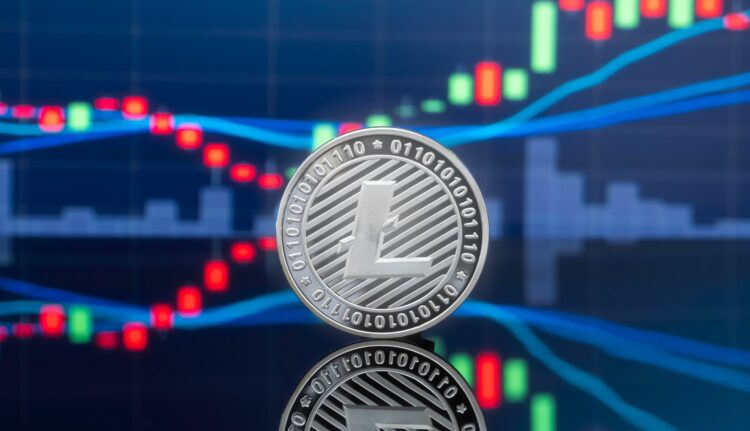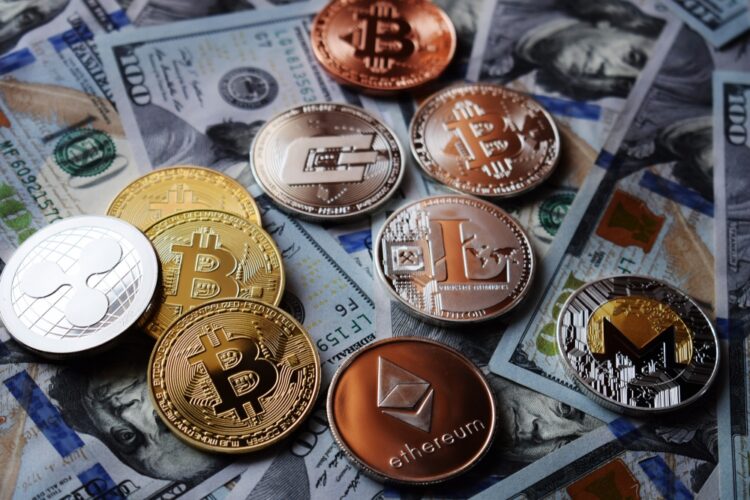
Bitcoin is still considered the flagship cryptocurrency and for all the right reasons. Bitcoin (BTC) is one of the oldest and most well-known digital assets, but there are over 1,600 cryptocurrencies out there. These cryptocurrencies are typically referred to as an “Alt Coins”, and are competing alongside Bitcoin and each other for the ultimate domination.
With so many cryptocurrencies in circulation, how do you opt for one with a low price so that you can make some sizable profit in case you’re looking for an alternative to Bitcoin?
In this guide, we’ll give you the best Bitcoin alternatives based on features and current values. Whether you’re looking to diversify your cryptocurrency portfolio or simply want to pay goods and services online, these are the best Bitcoin alternatives. You can find a full list of trusted altcoin exchanges at brokerchoices.com.
A Lot Cryptocurrencies Cease To Exist, But That’s Hasn’t Stopped Developers From Creating A Better “Altcoin.” Today, it’s estimated that there are well over 5000+ cryptocurrencies in existence. The combined market value of all these digital assets is around $285 billion according to market valuation websites such as markets.bitcoin.com, and coinmarketcap.com.
Bitcoin still reigns supreme when it comes to overall market capitalization with its net value capped at $183 billion, which is about 63% of the global market. However, the market capitalization of today’s top ten cryptocurrencies is a lot different than they were a decade ago. As per coinmarketcap.com, BTC’s overall valuation was around $13 billion in December 2013, the market of the top ten altcoins has also changed tremendously.
The top three altcoins are:
- Ethereum (ETH)
- Litecoin (LTC)
- Ripple (XRP
The 3 Best Alt Coins To Bitcoin (BTC)
1. Ethereum (ETH)

The first altcoin on our list is Ethereum. Ethereum is a decentralized software platform that enables ‘Smart Contracts’ and ‘Decentralized Applications (DApps)’ to be developed without the need for any interference, downtime, or control from a third party.
Ethereum is considered as the best performing digital asset after Bitcoin. When first released in 2015, it was currency was worth single digits, but soon its value soared to more than $1,200. In terms of handling transactions, it also happens to have a higher ceiling than Bitcoin at least for now. In early 2018, daily Ethereum transactions were more than four times that of Bitcoin, and the transaction rate was also higher than Bitcoin. Transaction costs are also significantly lower as opposed to Bitcoin, which results in notably low transaction fees when dealing with multiple trades.
Currently, Bitcoin is valued between $9,000 and $10,000 as of May 11, 2024. If you’re someone not familiar with Bitcoin, it means that the profits from mining Bitcoin transactions have been reduced to 50%. There has been plenty of speculations that this latest event can skyrocket the value of a single Bitcoin to high as $50,000, it has not yet materialized. Meanwhile, Ethereum is hovering at around $200 at present, and some cryptocurrency analysts and speculators are expecting that it could be worth over $10,000 per coin. Furthermore, there is also speculation that Ethereum can gain a 25% market share in the future.
However, despite all the rosy predictions, experts are still bullish that Bitcoin will remain the de facto cryptocurrency today and in the future. The value of Bitcoin is only expected to rise in value and become more useful in the years to come. Of course, just like most other cryptocurrencies, Bitcoin is facing some challenges. Ethereum and newer Altcoins are free from some of the potential difficulties plaguing Bitcoin, at least in the short term.
It will take some time for Ethereum to hit the price ceiling of Bitcoin. The transaction fees are still comparatively low when compared to Bitcoin, and with the integration of additional features like smart contracts—Ethereum and its currency, Ether, is poised to become the preferred cryptocurrency for many industries in the days to come.
2. Litecoin (LTC)

Like any other Altcoins we mentioned, many cryptocurrency investors hoped they’d bought plenty Litecoin when it first came out in 2017. In January 2017, a single Litecoin was available for $4, but at the end of the same year, Litecoin reached its peak when investors had to dish out $350 for each Litecoin.
Although nobody can tell when the price of Litecoin or any other cryptocurrency for that matter will one day reach or even surpass that price point, it is currently being offered at about $46 at the time of writing this article. This makes Litecoin a popular investment choice for its relatively low price.
As opposed to Bitcoin, Litecoin is a better choice for regular transactions as the block time is said to be 75% faster than Bitcoin. The transaction fees at a fraction of a dollar. Furthermore, developers and merchants are increasingly accepting Litecoin for their products and services.
We can’t escape the fact that Litecoin doesn’t have the same potential as Ethereum, especially when it comes to building new transaction platforms.
3. Ripple (XRP)

Although Ripple has its share of critics for being a centralized cryptocurrency in a famously decentralized space, it’s only fair to say that Ripple has the potential to be a rising star in cryptocurrency category—thanks to its increasing value and industry support.
Launched initially in 2012, Ripple’s value skyrocketed at the end of 2017 from around $0.20 in October, to over $2.50 at the end of the same year. The market value of Ripple tends to rise and frequently fall, which isn’t often seen in other significant market-value cryptocurrencies such as Bitcoin or Ethereum.
Ripple, known by its transactional protocol, XRP, is a sound investment that promises a lot of potentials. It is also supported by a lot of large organizations such as Santander, American Express, RBC, and other major banking and financial institutions. This has positioned Ripple as one of the best-performing cryptocurrency in the market. Additionally, Ripple technology is being used by some groups for international wealth transfers such as Money Gram which has partnered with Ripple Labs in 2018 to use XRP as its payment gateway.
Why Does Altcoins Exist?

People often ask why Altcoins exist. The definitive and most logical answer would be simply because some people, developers, and groups believe they can create a better cryptocurrency that will outpace Bitcoin. They also want to see a cryptocurrency that offers better compatibility and different features than BTC, such as better privacy, anonymity, and more decentralization.
Furthermore, people interested in Altcoins want a cryptocurrency that caters to a specific industry like entertainment. Now that Pandora’s Box of cryptocurrency is open, there’s no going back, and we will only see newer Altcoins in the days to come.











